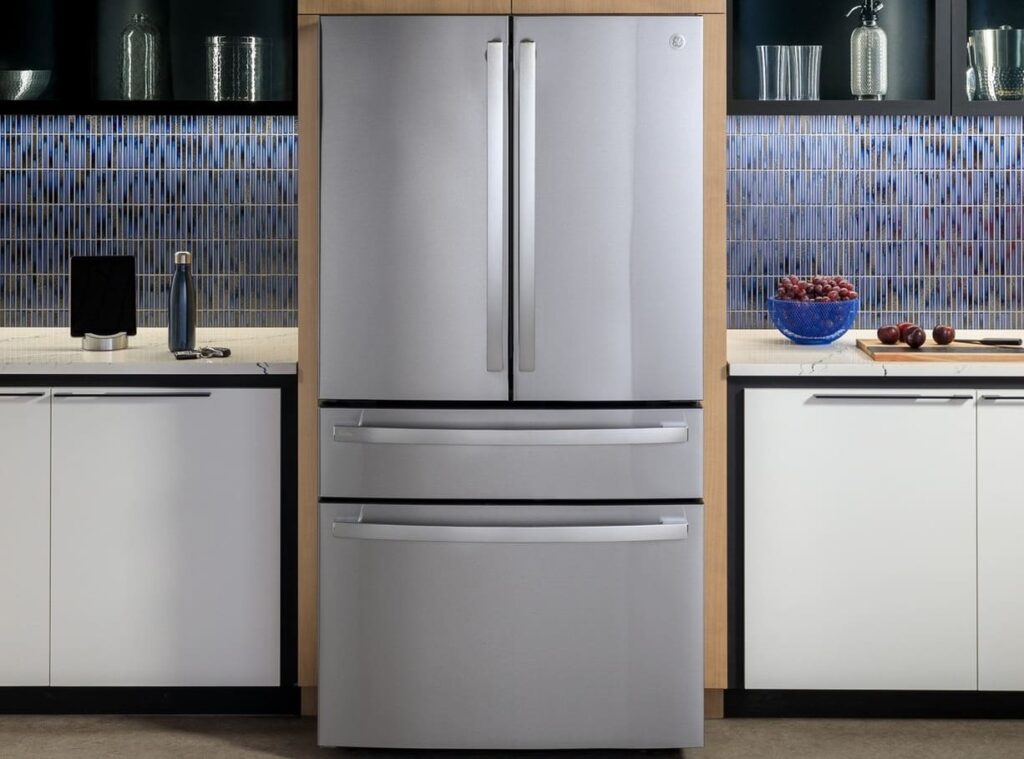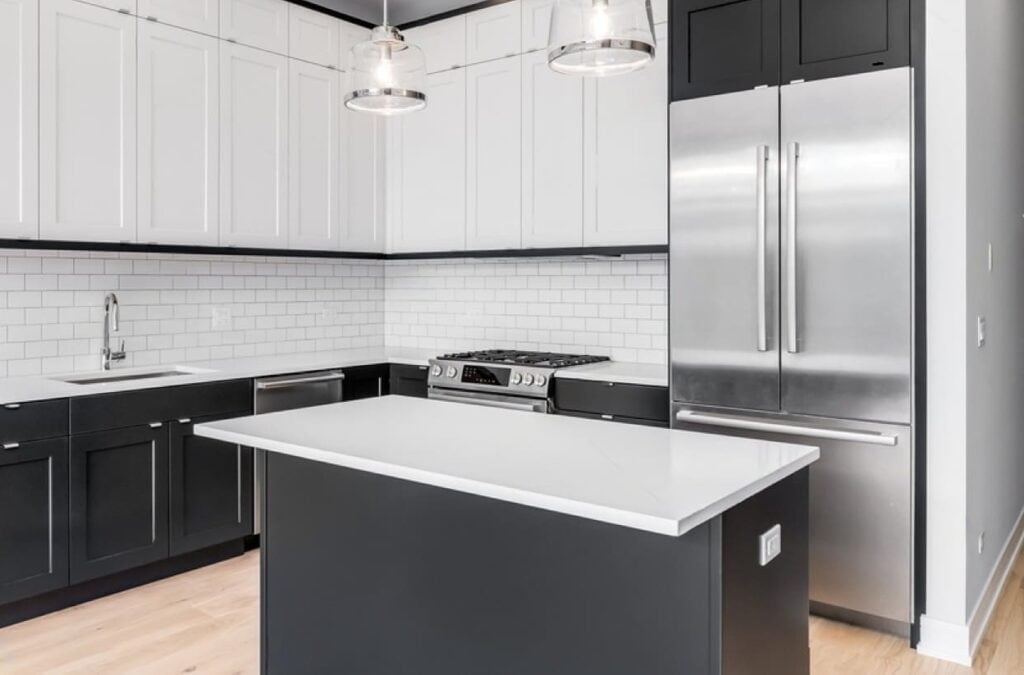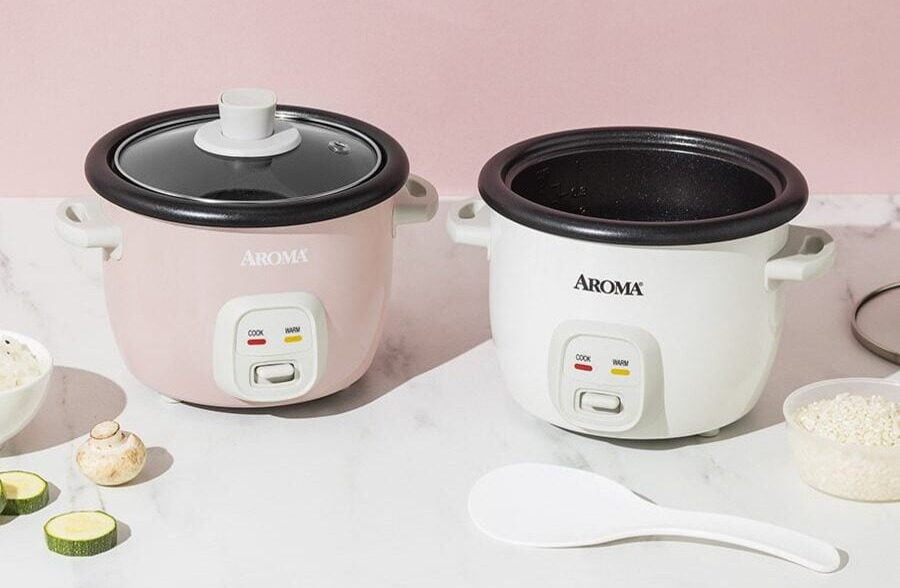Your GE refrigerator is an essential appliance in your kitchen, keeping your food fresh and beverages cold. However, if you’ve noticed that it’s not maintaining the proper temperature, you may be wondering what’s causing the issue. In this article, we will delve into typical causes behind the suboptimal cooling of your GE refrigerator and provide guidance on troubleshooting and resolving these issues.

Dirty Condenser Coils
A common reason for suboptimal refrigerator cooling is the buildup of dirt on the condenser coils. Over time, these coils collect dust and debris, hindering the cooling process. To tackle this issue, locate the coils—usually situated at the rear or underneath the refrigerator—and use a vacuum cleaner or a coil brush to clean them thoroughly. Regular maintenance of the condenser coils is essential for improving the overall cooling performance of your refrigerator. Consistent maintenance of the condenser coils is crucial for enhancing your refrigerator’s overall cooling efficiency.
Faulty Fans
Refrigerators are equipped with fans that facilitate the circulation of air, ensuring a uniform distribution of cold air within the appliance. If these fans malfunction, the refrigerator may experience uneven cooling. Examine both the evaporator fan (situated inside the freezer) and the condenser fan (positioned near the condenser coils) for any potential obstructions or damage. If necessary, replace the faulty fan to restore proper airflow and cooling.
Frost Buildup
The presence of substantial frost buildup in the freezer can impede airflow and result in cooling issues. A potential cause for this problem could be a malfunctioning defrost system, encompassing the defrost timer, heater, or thermostat. Thoroughly inspect these components and replace any that show signs of malfunction. Additionally, manually defrosting the freezer can temporarily resolve the issue, but addressing the root cause is crucial for long-term effectiveness.
Bad Compressor or Control Board
The compressor plays a pivotal role in the refrigeration cycle, and insufficient cooling can result from a malfunctioning compressor. If you hear a clicking sound or notice that the compressor is not running, it may be faulty and require replacement. Likewise, a faulty control board can disrupt the operation of the refrigerator. Consult your refrigerator’s manual or, if necessary, seek professional assistance to diagnose and replace these components.
FAQs
Why is my GE Refrigerator not cooling but the Freezer is working fine?
Several factors can contribute to this situation. One possibility is that the refrigerator compartment’s evaporator fan, responsible for distributing cold air, may not be functioning correctly. Another potential cause could be blocked or damaged vents that hinder the airflow into the refrigerator section.
How can I Verify the proper functioning of the Evaporator Fan?
Open the freezer door and check for the audible operation of the evaporator fan. The absence of sound could suggest a malfunction. You can also inspect the fan visually for any obstructions or damage. If the fan is not operational, it might require replacement.
How do I reset my GE Refrigerator?
To reset your GE Refrigerator, follow these steps:
- Unplug it from the electrical outlet.
- Wait for 5-10 minutes.
- Plug it back in.
- Adjust the temperature settings.
- Monitor for changes in performance.
Conclusion
Experiencing a GE refrigerator not cooling properly can be both frustrating and inconvenient. Engaging in regular maintenance practices, including cleaning the condenser coils, inspecting fans, and watching for frost buildup, can effectively prevent and address common issues. In cases where troubleshooting these problems does not resolve the cooling issue, seeking professional assistance is recommended, especially for diagnosing and resolving more intricate issues like a faulty compressor or control board. It’s crucial to remember that a well-maintained refrigerator not only ensures food safety but also extends the overall lifespan of your appliance.

